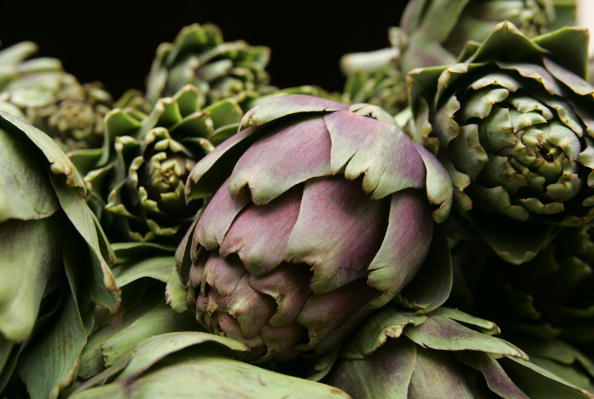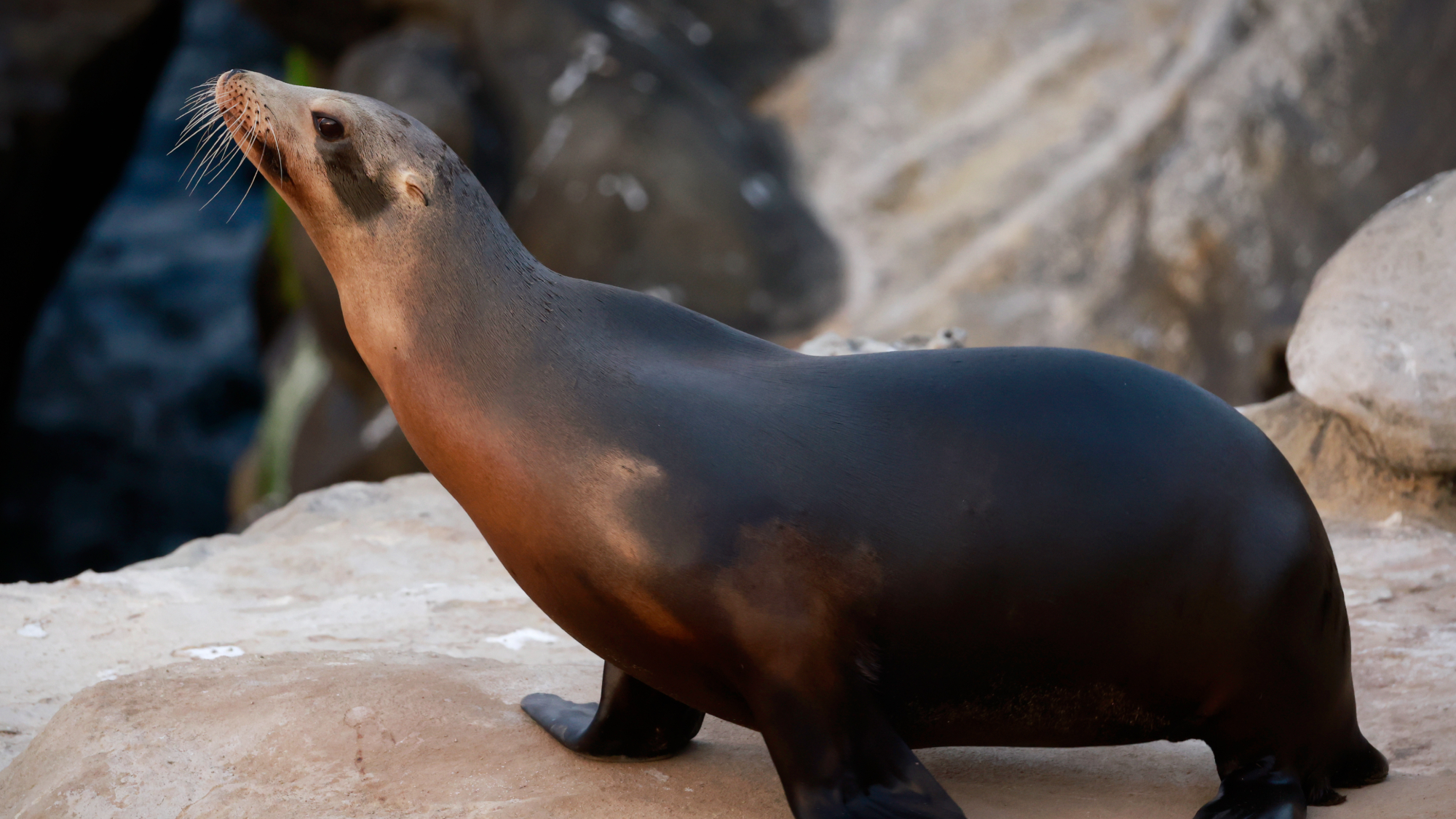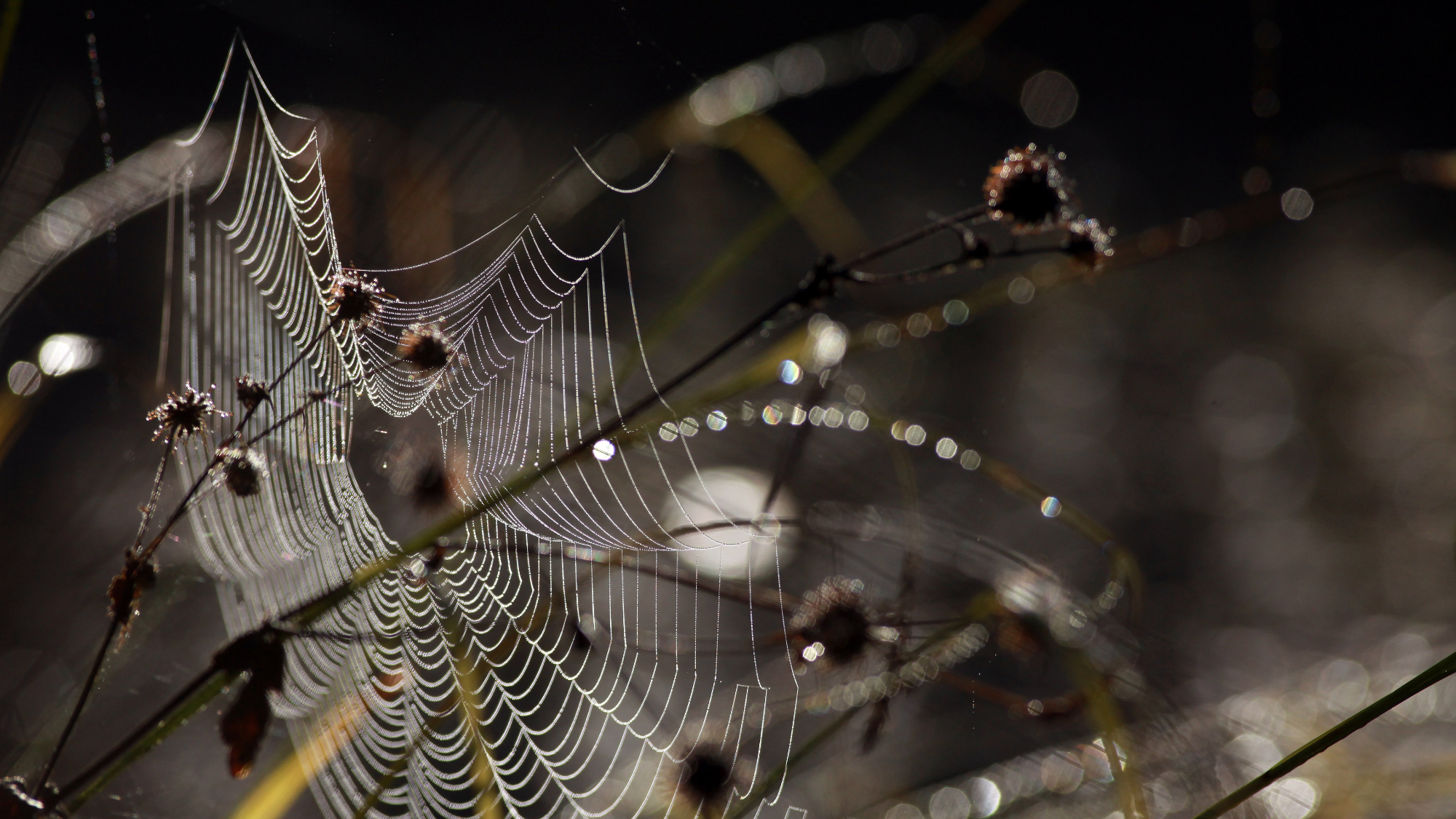Study: Eating a Mediterranean diet may cut risk of contracting form of breast cancer


A new study shows that eating a diet rich in staples of a Mediterranean diet — fish, olive oil, nuts, vegetables, and whole grains — may help reduce the risk of developing a type of breast cancer that cannot be treated with hormone therapy.
The study, conducted for the World Cancer Research Fund and published Monday in the International Journal of Cancer, found that the Mediterranean diet might greatly reduce the chances of women getting post-menopausal ER-negative cancer. Piet van den Brandt of Maastricht University in the Netherlands, the study's lead researcher, said this "usually has a worse prognosis than other types of breast cancer," and the research "can help to shine a light on how dietary patterns can affect our cancer risk."
The study followed 62,573 women between 55 and 69 who tracked their diets over two decades, starting in 1986. Over the course of the study, 3,354 women were found to have breast cancer, with 1,033 cases not analyzed because of family histories of breast cancer or incomplete diet data. The researchers concluded, after analyzing individual components of the subjects' diets, that nut intake was most strongly inversely associated with ER-negative breast cancer, The Guardian reports, followed by fruit and fish. They suggested that if everyone ate the highest defined Mediterranean diet — low in red meat, sugar, and white rice and bread — close to 33 percent of ER-negative breast cancer cases and 2.3 percent of all breast cancer cases could be avoided.
Subscribe to The Week
Escape your echo chamber. Get the facts behind the news, plus analysis from multiple perspectives.

Sign up for The Week's Free Newsletters
From our morning news briefing to a weekly Good News Newsletter, get the best of The Week delivered directly to your inbox.
From our morning news briefing to a weekly Good News Newsletter, get the best of The Week delivered directly to your inbox.
Sign up for Today's Best Articles in your inbox
A free daily email with the biggest news stories of the day – and the best features from TheWeek.com
Catherine Garcia has worked as a senior writer at The Week since 2014. Her writing and reporting have appeared in Entertainment Weekly, The New York Times, Wirecutter, NBC News and "The Book of Jezebel," among others. She's a graduate of the University of Redlands and the Columbia University Graduate School of Journalism.
-
 'Wrench attacks' are targeting wealthy crypto moguls
'Wrench attacks' are targeting wealthy crypto mogulsThe Explainer The attacks are named for physical coercion that can be used to gain crypto passwords
-
 Is the world losing scientific innovation?
Is the world losing scientific innovation?Today's big question New research seems to be less exciting
-
 Airplane crash-detection systems could be vulnerable to hackers
Airplane crash-detection systems could be vulnerable to hackersUnder the Radar 'The idea scares the shit out of me,' one pilot said
-
 Breakthrough gene-editing treatment saves baby
Breakthrough gene-editing treatment saves babyspeed read KJ Muldoon was healed from a rare genetic condition
-
 Sea lion proves animals can keep a beat
Sea lion proves animals can keep a beatspeed read A sea lion named Ronan beat a group of college students in a rhythmic dance-off, says new study
-
 Humans heal much slower than other mammals
Humans heal much slower than other mammalsSpeed Read Slower healing may have been an evolutionary trade-off when we shed fur for sweat glands
-
 Novel 'bone collector' caterpillar wears its prey
Novel 'bone collector' caterpillar wears its preySpeed Read Hawaiian scientists discover a carnivorous caterpillar that decorates its shell with the body parts of dead insects
-
 Scientists find hint of alien life on distant world
Scientists find hint of alien life on distant worldSpeed Read NASA's James Webb Space Telescope has detected a possible signature of life on planet K2-18b
-
 Katy Perry, Gayle King visit space on Bezos rocket
Katy Perry, Gayle King visit space on Bezos rocketSpeed Read Six well-known women went into lower orbit for 11 minutes
-
 Scientists map miles of wiring in mouse brain
Scientists map miles of wiring in mouse brainSpeed Read Researchers have created the 'largest and most detailed wiring diagram of a mammalian brain to date,' said Nature
-
 Scientists genetically revive extinct 'dire wolves'
Scientists genetically revive extinct 'dire wolves'Speed Read A 'de-extinction' company has revived the species made popular by HBO's 'Game of Thrones'